Introduction

As a bird owner, you’ve probably wondered why your feathered friend makes squeaking noises. Understanding bird vocalizations is essential for their well-being. In this comprehensive guide, we’ll explore the causes of squeaking noises in birds, how to identify them, and how to respond effectively.
Birds communicate through various vocalizations, including chirping and singing. However, squeaking noises can indicate specific behaviors or needs. It’s crucial to distinguish between normal and abnormal squeaks to address potential health issues promptly.
This article aims to shed light on the possible reasons behind your bird’s squeaking sounds, providing insights into different factors that may contribute to these noises. We’ll explore territoriality, attraction, fear, hunger, and discomfort, and how they manifest in different bird species.
By the end of this guide, you’ll have a comprehensive understanding of why your bird makes squeaking noises and how to respond appropriately. Whether you’re a new bird owner or have years of experience, this guide will equip you with valuable knowledge to ensure the well-being and happiness of your avian companion.
Let’s embark on this enlightening journey to decode the language of your feathered friend and strengthen the bond you share.
What Causes Squeaking Noises in Birds?
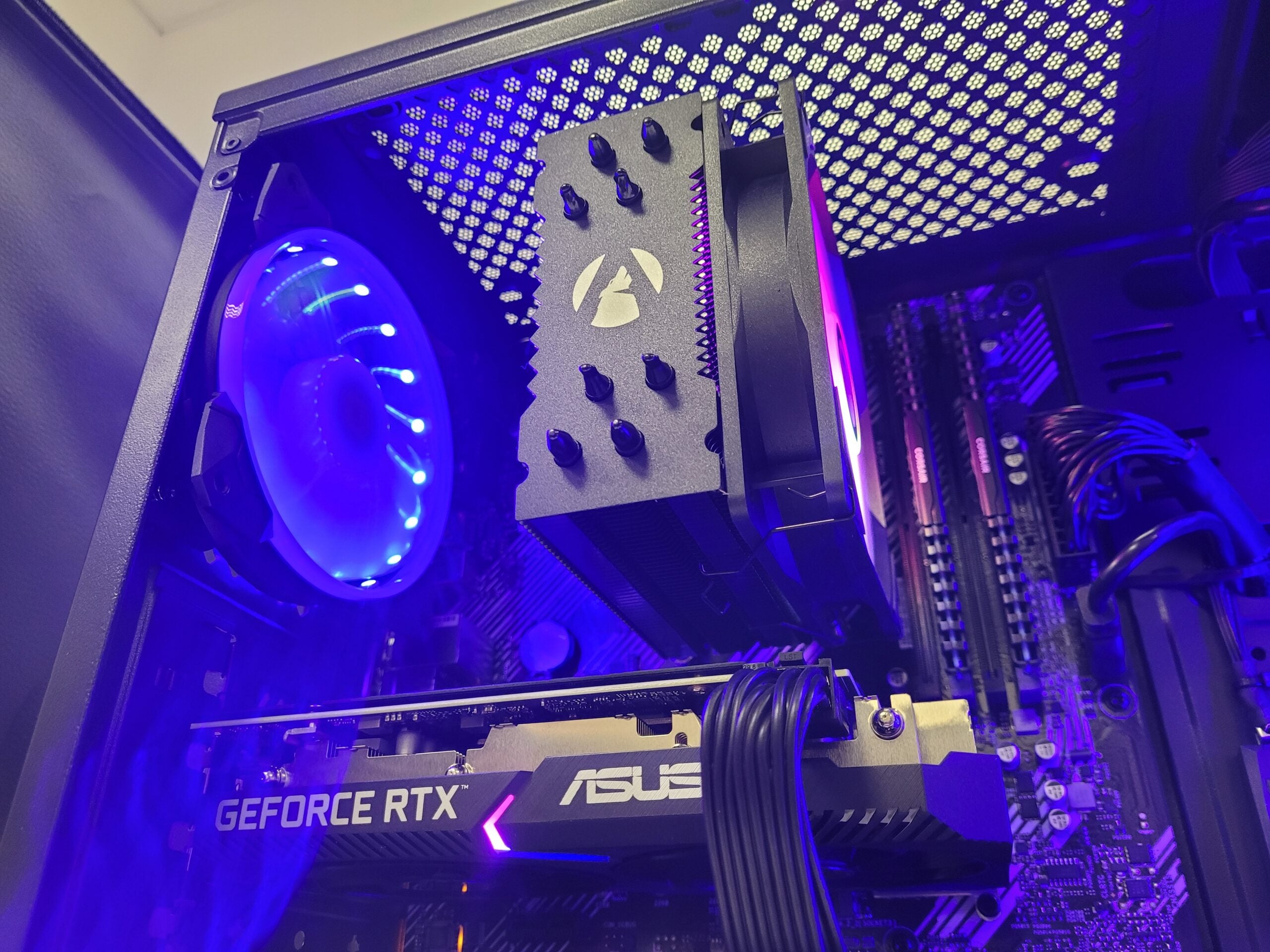
Birds produce a wide range of vocalizations, including squeaking noises. These sounds can have different underlying causes, providing valuable insights into avian behavior. In this section, we’ll explore several common reasons behind squeaking noises in birds.
Territoriality
Territorial behavior is one primary reason birds emit squeaking noises. Certain species rely on vocalizations to communicate and establish their territories. Squeaking serves as a warning to other birds, signaling the boundaries of their perceived territory. It’s a way for birds to assert their presence and defend their space from potential intruders, especially during breeding seasons.
Attraction
Birds use squeaking noises as part of their courtship display to attract potential mates. These sounds can be intricate and varied, communicating their fitness and reproductive readiness. Male birds may produce elaborate squeaking calls during mating seasons to signal their presence and availability to females. Courtship vocalizations play a crucial role in mate selection and the continuation of the species.
Fear
When birds feel threatened or afraid, they emit squeaking noises as an alarm call. This behavior alerts other birds to potential danger. Squeaking sounds serve as a communication tool, allowing birds to warn their peers about predators or unfamiliar objects. The collective response to these alarm calls ensures the safety of the bird community.
Hunger
Hunger can lead birds to produce squeaking noises, especially in pet birds. Some birds associate specific vocalizations with the delivery of food. Squeaking sounds related to hunger serve as a request or anticipation of a meal. Pet owners become familiar with the unique squeaks their birds make when hungry, enabling them to respond promptly to their feathered companions’ needs.
Discomfort
Birds may squeak when they experience discomfort due to physical discomfort, illness, or environmental factors. For example, a bird may produce squeaking noises if perched on an uncomfortable surface or feeling unwell. Monitoring a bird’s vocalizations and observing signs of distress can help identify and address potential sources of discomfort promptly.
Understanding the different causes of squeaking noises in birds provides valuable insights into their behavior and well-being. By recognizing the underlying reasons behind these vocalizations, bird owners can respond appropriately, ensuring the comfort and happiness of their avian companions.
Continue to Section 3: How to Identify the Reason for Squeaking Noises
How to Identify the Reason for Squeaking Noises
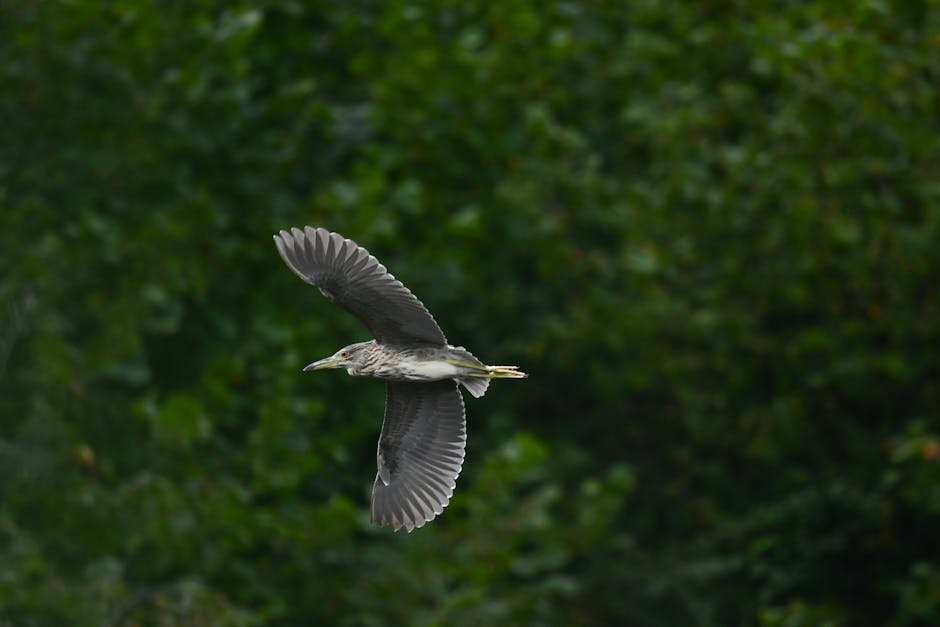
To understand why a bird is making squeaking noises, it’s crucial to identify the underlying cause. Here’s how you can gain valuable insights into the reason behind the vocalizations:
Observe the Bird’s Behavior (3.1)

Closely observe the bird’s overall behavior when it emits squeaking noises. Look for signs of distress, discomfort, or agitation. Pay attention to body language and unusual postures, as they can provide vital clues.
Consider the Context (3.2)
Take note of when the squeaking noises occur. Are they happening during specific activities like feeding, flying, or interacting with other birds? Understanding the circumstances surrounding the vocalizations can help narrow down potential reasons.
Evaluate the Environment (3.3)
Assess the bird’s immediate surroundings for potential stressors or discomfort factors. Loud noises, temperature changes, drafts, or the presence of predators can contribute to vocalizations. Identifying and addressing these environmental factors may alleviate the squeaking noises.
Examine the Bird’s Physical Condition (3.4)
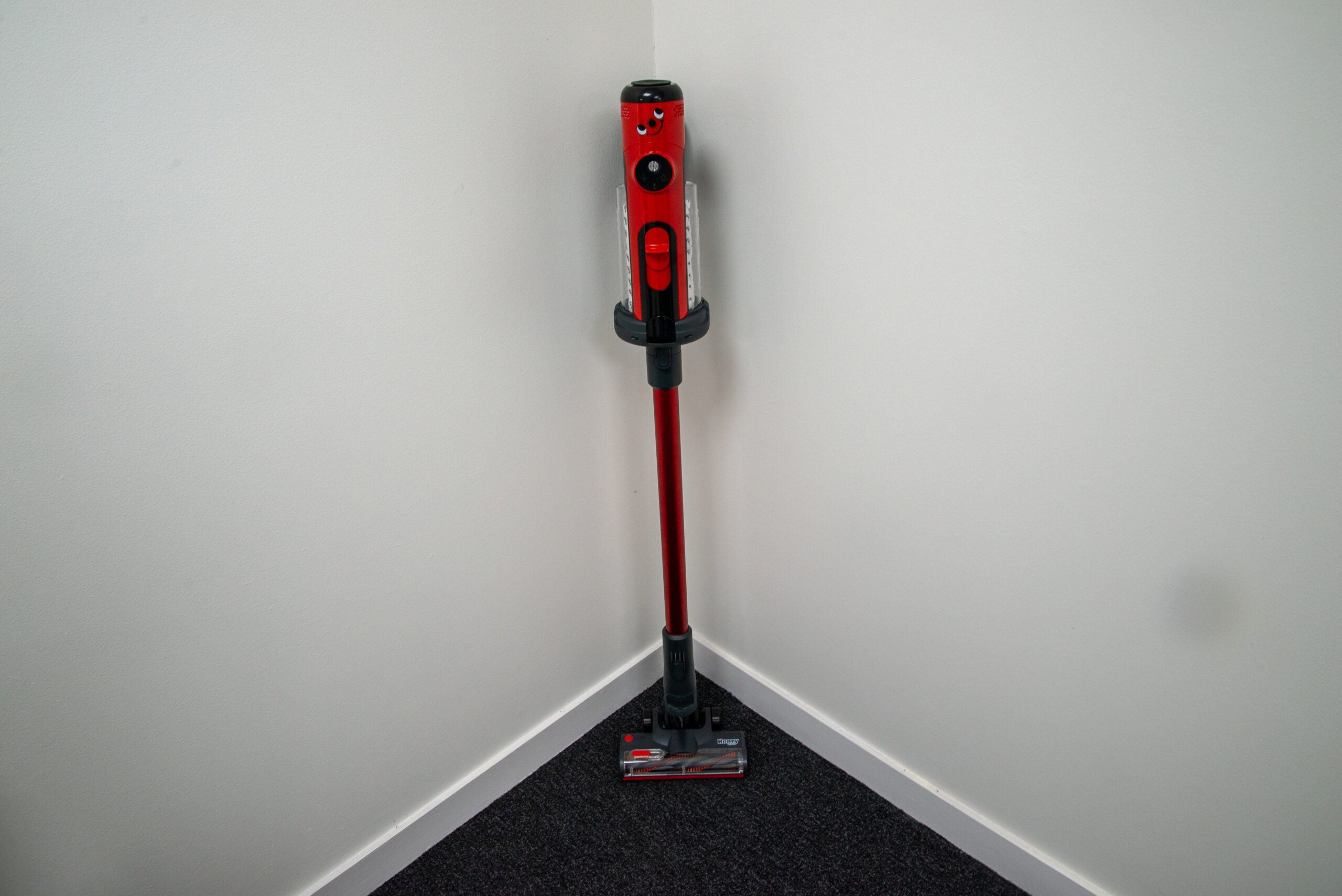
Inspect the bird’s feathers, eyes, beak, and feet for any visible signs of injury or illness. Squeaking noises could indicate respiratory issues, pain, discomfort, or the need for attention. If you notice any abnormalities, consult a veterinarian for a thorough examination.
Consult Avian Experts (3.5)
If you can’t determine the reason for the squeaking noises on your own, seek professional help from avian veterinarians or experienced bird behaviorists. They can conduct a comprehensive assessment, provide accurate diagnoses, and suggest appropriate remedies or treatments.
Record and Document Observations (3.6)
Keep a record of your observations, noting the bird’s behavior, context, environmental factors, physical abnormalities, and the timeline of the vocalizations. This documentation will assist avian experts in making an accurate assessment and diagnosis.
By following these guidelines, you can gain a deeper understanding of a bird’s vocalizations and determine the underlying cause.
How to Respond to Squeaking Noises

When your bird makes squeaking noises, respond appropriately to ensure its well-being and address potential issues. Here’s what you should do:
Determine the Context (4.1)
Observe when the bird squeaks—during specific activities, interactions, or times of the day. Identifying the circumstances surrounding the squeaking provides insight into the underlying cause.
Observe Body Language (4.2)

Pay close attention to the bird’s body language while it’s making squeaking noises. Look for signs of distress, discomfort, or unusual behaviors. Observing the body language helps you gauge the seriousness of the situation and tailor your response accordingly.
Assess the Environment (4.3)

Evaluate the bird’s living conditions and environment. Inadequate conditions can contribute to stress and trigger squeaking noises. Ensure the cage is spacious, maintains a comfortable temperature, provides appropriate lighting, and minimizes excessive noise.
Check for Health Issues (4.4)

Squeaking noises can indicate underlying health problems. Look for other symptoms or changes in behavior that accompany the squeaking. If concerning signs are present, consult an avian veterinarian for a proper diagnosis and treatment.
Interaction and Socialization (4.5)
Spend quality time with your bird and provide opportunities for social interaction. Engage in activities that stimulate its mind and ensure it has opportunities for socializing with other birds or humans, as appropriate.
Training and Behavior Modification (4.6)
If the squeaking noises persist due to undesirable behaviors, consult an avian behavior specialist or certified bird trainer. They can provide guidance and strategies for addressing specific behavior issues using positive reinforcement techniques.
By understanding the context, observing body language, assessing the environment, checking for health issues, promoting interaction and socialization, and implementing training and behavior modification techniques where necessary, you can effectively respond to your bird’s squeaking noises and promote its well-being.
In the next section, we will conclude our discussion on squeaking noises in birds and summarize the key points discussed throughout the article.
Conclusion


Conclusion
Understanding the reasons behind birds’ squeaking noises is key for bird owners to interpret their behaviors and ensure their well-being. Throughout this article, we have explored the various causes behind these vocalizations and provided insights on how to respond to them.
We began by discussing the different factors that can lead to squeaking noises in birds. Territoriality is a common cause, as birds use vocalizations to establish and defend their territories. They may also squeak to attract mates, express fear or discomfort, or signal hunger. Recognizing these underlying reasons allows bird owners to gain valuable insights into their birds’ needs and emotions.
To identify the specific reason for a bird’s squeaking noises, closely observing their behavior and vocalizations is essential. Context, frequency, and accompanying body language can provide crucial clues. By paying attention to these details, bird owners can develop a deeper understanding of their birds’ communication and tailor their responses accordingly.
When confronted with squeaking noises from their birds, owners should respond with care and consideration. Creating a nurturing environment is paramount, as it helps minimize stress and promotes natural behaviors. Providing a balanced diet, regular exercise opportunities, social interaction, and appropriate mental stimulation contribute to overall well-being and happiness.
However, it is crucial to acknowledge that not all squeaking noises are harmless. If bird owners notice any unusual changes in their birds’ behavior or have health concerns, seeking professional advice is highly recommended. Avian veterinarians and experienced bird behaviorists possess the expertise to accurately diagnose underlying issues and provide appropriate solutions. Consulting these professionals ensures that birds receive the necessary care and attention they require.
In conclusion, our feathered friends have their unique ways of communicating, and squeaking noises are just one aspect of their vocal repertoire. By understanding the reasons behind these sounds and responding appropriately, bird owners can foster a harmonious and enriching relationship with their avian companions.
As bird enthusiasts, it is essential to continue learning about our birds’ species-specific behaviors and needs. Ongoing research and education enable us to adapt our caregiving practices and provide the best possible environment for our feathered friends. By staying curious and informed, we can deepen our bond with our birds and ensure their long-term happiness and well-being.
Remember, each bird is an individual, and understanding their unique behaviors and vocalizations is an ongoing journey. So, observe, learn, and cherish the delightful symphony of squeaking noises that our avian companions bring into our lives.
Frequently Asked Questions
What are the possible reasons for my bird making squeaking noises?
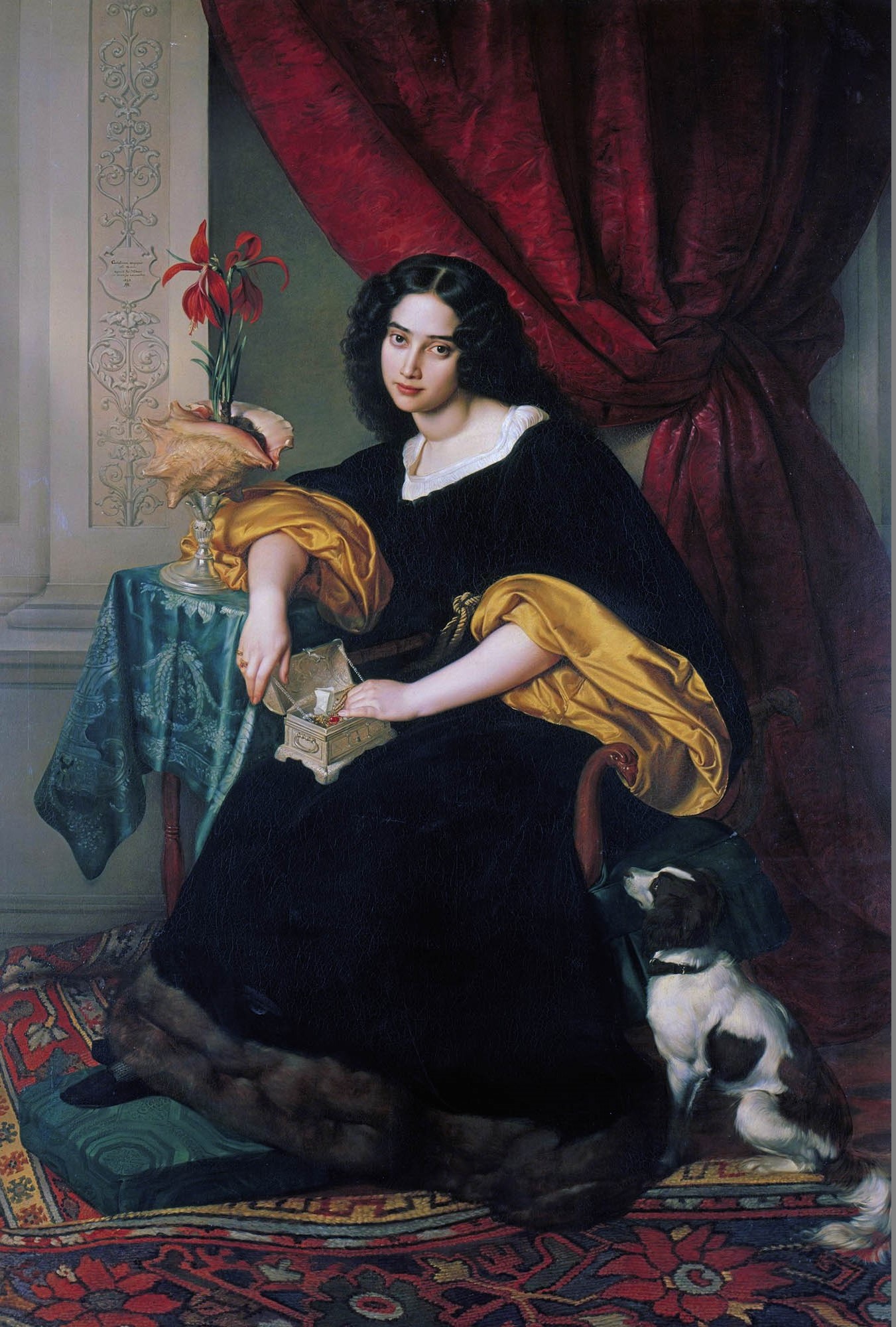
There can be several reasons for a bird making squeaking noises. Some common causes include territoriality, attraction during courtship, fear or alarm, hunger, and discomfort. Understanding these underlying reasons can help you address your bird’s needs effectively.
How can I identify the reason for my bird’s squeaking noises?
To identify the reason behind your bird’s squeaking noises, you can observe its behavior, consider the context in which the noises occur, evaluate the environment, examine the bird’s physical condition, consult avian experts if needed, and keep a record of observations. These steps will provide valuable insights into the cause of the vocalizations.
How should I respond to my bird’s squeaking noises?
When your bird makes squeaking noises, it’s important to respond appropriately. Start by determining the context and observing the bird’s body language. Assess the environment for potential stressors, check for health issues, promote interaction and socialization, and consider training or behavior modification if necessary. Tailoring your response to the situation will help ensure your bird’s well-being.
Are all squeaking noises from birds harmless?
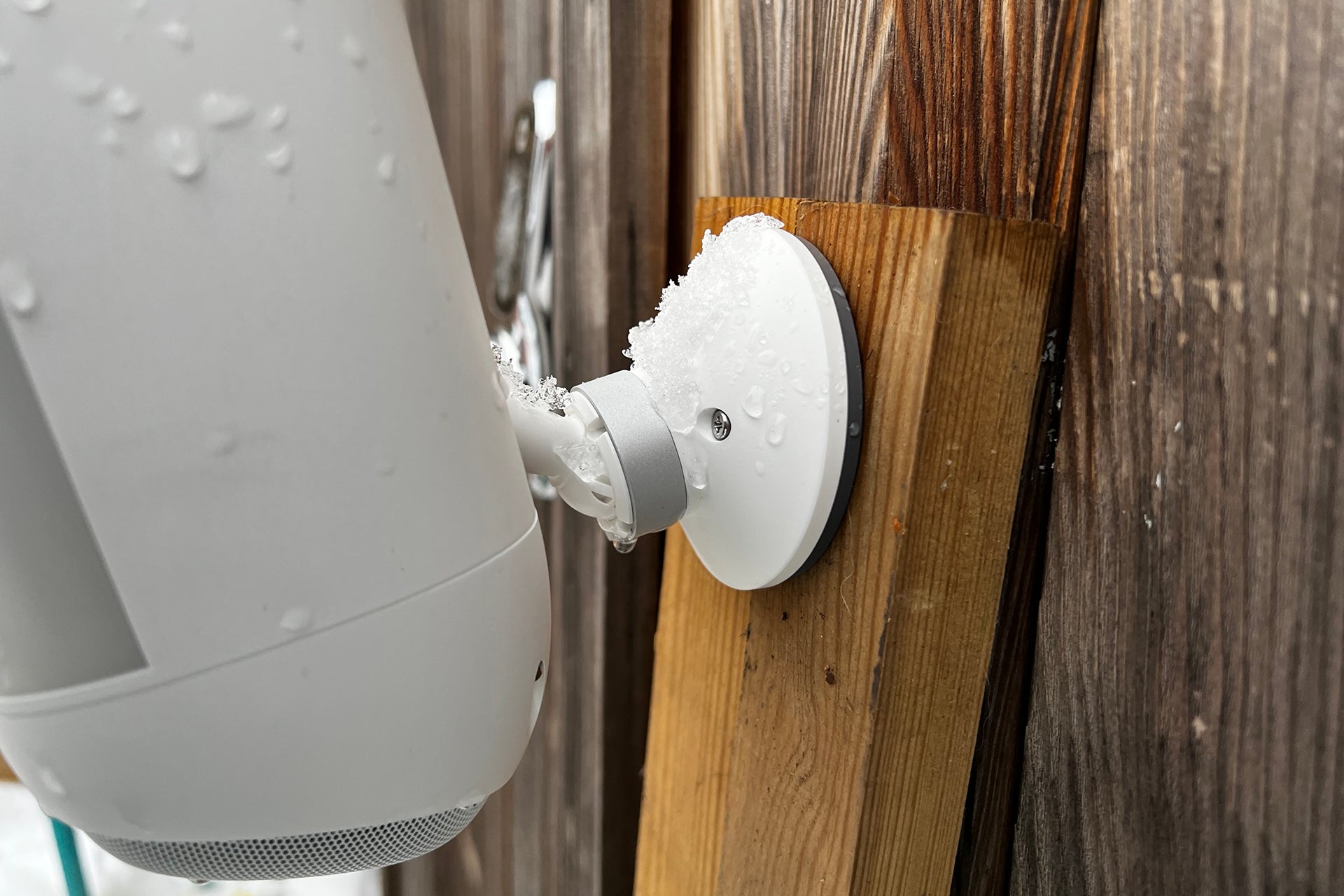
While many squeaking noises from birds may be harmless, it’s important to be vigilant. If you notice any unusual changes in your bird’s behavior or have health concerns, it is recommended to seek professional advice. Avian veterinarians and experienced bird behaviorists can accurately diagnose any underlying issues and provide appropriate solutions.
How can I create a nurturing environment for my bird to minimize squeaking noises?

Creating a nurturing environment for your bird is crucial in minimizing stress and promoting natural behaviors. Provide a spacious and comfortable cage, maintain appropriate temperature and lighting, offer a balanced diet, ensure regular exercise opportunities, promote social interaction, and provide mental stimulation. These practices contribute to your bird’s overall well-being and happiness.

Leave a Reply